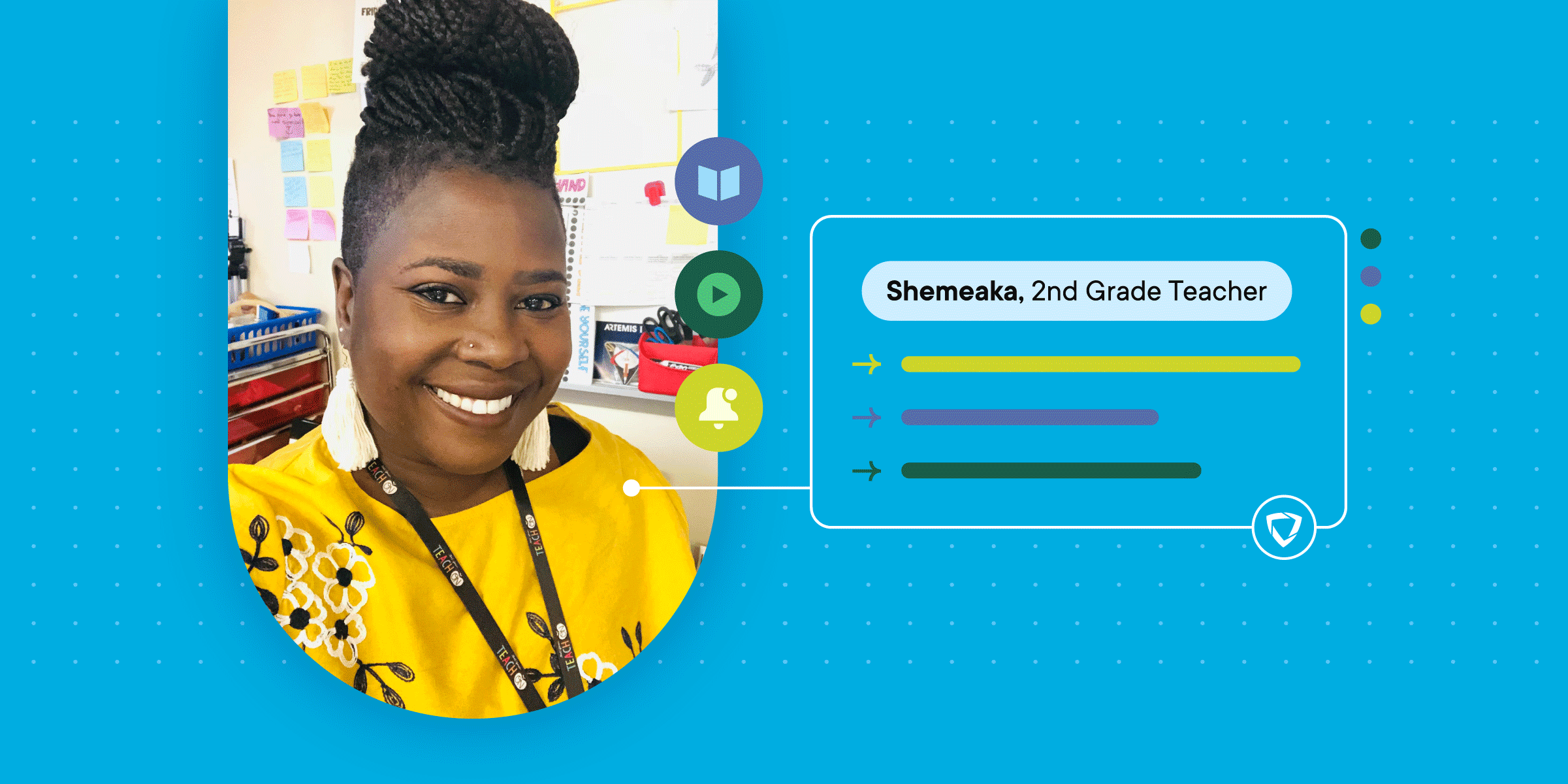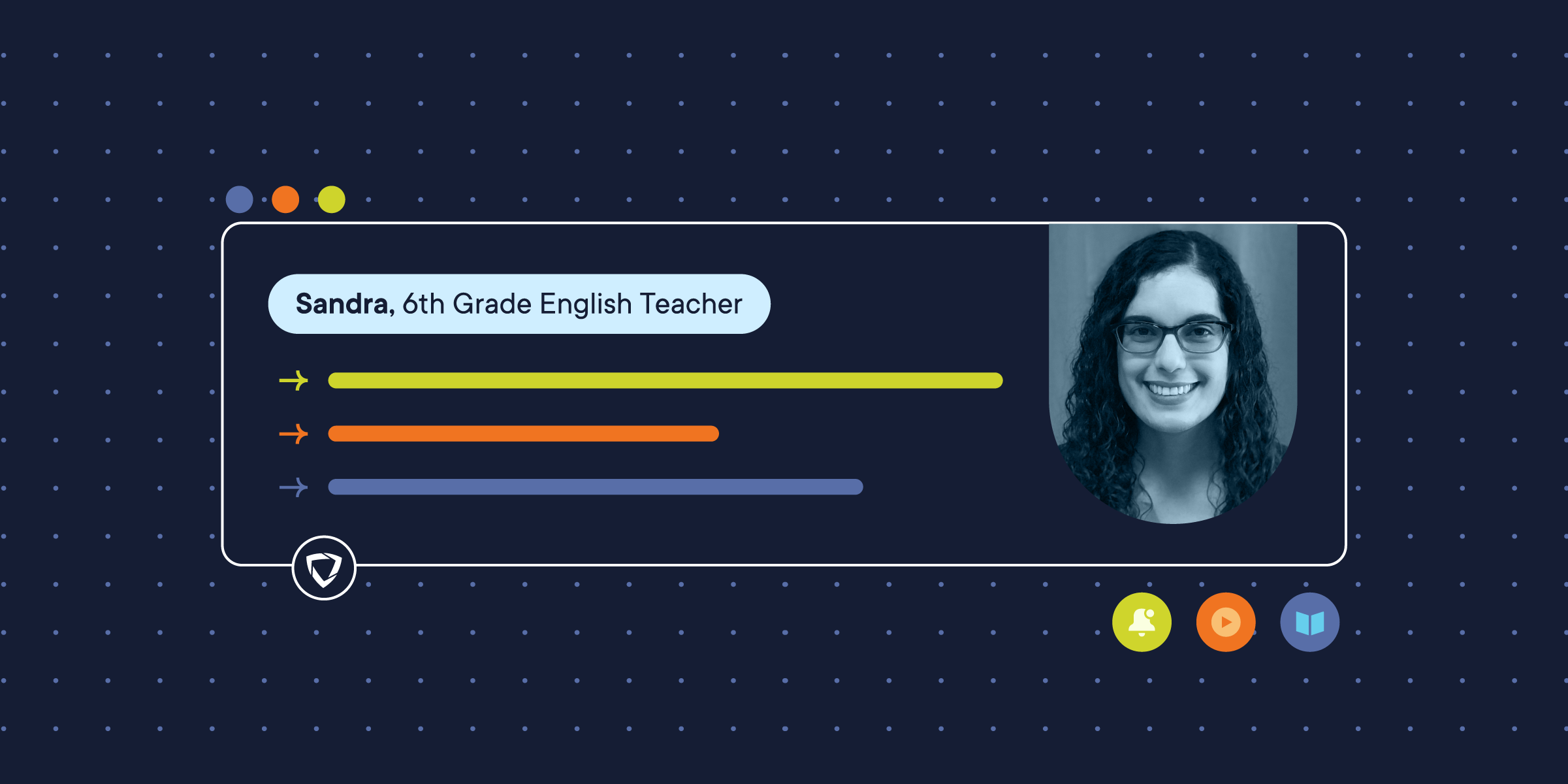
Just because the school is out doesn't mean your lessons have to stop. Students will be messaging, sharing, and posting all summer long, so now is a good time to put the digital citizenship skills you’ve been teaching into perspective.
Using Common Sense Education’s eight areas of digital citizenship, following are ways you can correlate each to what students will be doing during break:
- Internet Safety.
- It’s fun showing off your summertime activities and vacations. However, be mindful of who you’re sharing messages, photos, and videos with, and the comments they make. If someone says something or you see something that makes you uncomfortable, it’s OK if you don’t reply or simply log off.
- Privacy & Security.
- More time with friends means more sharing of devices for selfies and media viewing, swapping, and more. To make sure someone else can’t view your personal info, contact someone on your behalf, or post to your accounts, turn on password protection and log out of any open apps.
- Relationships & Communication.
- You’ll be playing online games, going on social media, and messaging so much, it might seem like you’re only interacting with a screen and can do or say whatever you want. Remember there’s a person on the other side with thoughts and feelings; act like you would if you were face-to-face.
- Cyberbullying & Digital Drama.
- You won’t just be posting; you’ll be looking at what others share about their summers, too. Before commenting, consider how you’d feel if someone else said the same thing about or to you—treat others how you want to be treated: with positivity, kindness, and support.
- Digital Footprint & Reputation.
- After that selfie at the beach, you’re already planning your next post. Although sharing feels temporary, it isn’t; things can be copied and pasted in an instant and reappear years from now. Think before you post to decide what you’re comfortable making public and what you want to keep private.
- Self-Image & Identity.
- Does the life you “live” online reflect your life offline? People will use what you post to determine who you are and what’s important to you, and may even bring it up in conversation. Don’t misrepresent yourself or those around you. Be genuine in how you express yourself so people can get to know the real you.
- Information Literacy.
- All your online time will be centered around your personal interests. Whether you’re looking for something to do or deciding if someone’s post is real, remember what you learned in school to determine what’s credible. Conduct a search to get answers and see which keywords get the best results.
- Creative Credit & Copyright.
- Have you ever made a suggestion that everyone thought was someone else’s idea? It’s not fun to not get recognized. If you like something enough to share it, let people know where you found it. You’ll feel inspired and the person who created it will appreciate being acknowledged.
How do you encourage your students to remain good digital citizens during school breaks? Share in the comments below!









